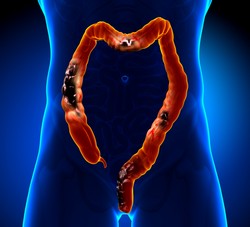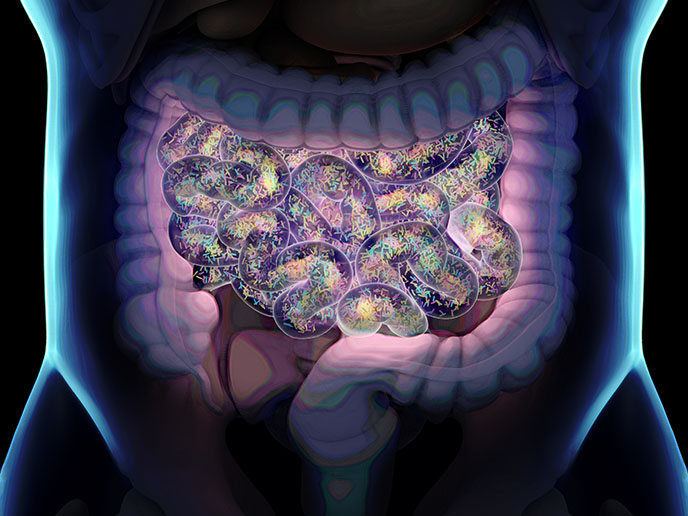Improved electronic pill will help fight gastrointestinal disease
Passive endoscopic capsules have revolutionised diagnosis and treatment of bowel diseases and conditions. These 'electronic pills' use visible light and a tiny camera to diagnose bowel problems quickly and cheaply. The EU-funded SMART PILL (New optical functions for endoscopic capsules) initiative aimed to build on the success of early endoscopic capsules by including better imaging technology and a way to treat GI cancers. The first improvement researchers made was to introduce a narrow band imaging (NBI) module to better illuminate mucosal structures like blood vessels or tumours. They achieved this by using light-emitting diodes in combination with thin-film optical filters to emit light in the specific wavelengths required for NBI. Secondly, SMART PILL designed, created and tested a tiny microscopic imaging module made up of four microlenses. This system could provide up to 14 times magnification and is only 12 mm long. Lastly, researchers created a module that produces light for photodynamic therapy. This technique uses light to destroy tumour cells sensitised with a specific drug, in this case the commercially available Foscan. Considering the recent success of the endoscopic capsule sector, these new developments promise to have a major impact on GI health and diagnosis across the world.







